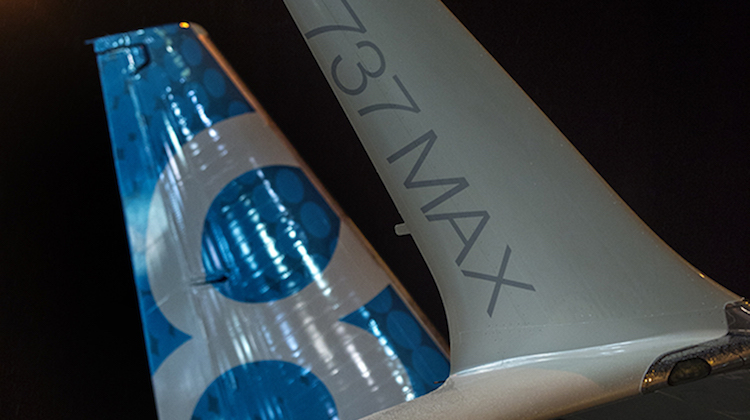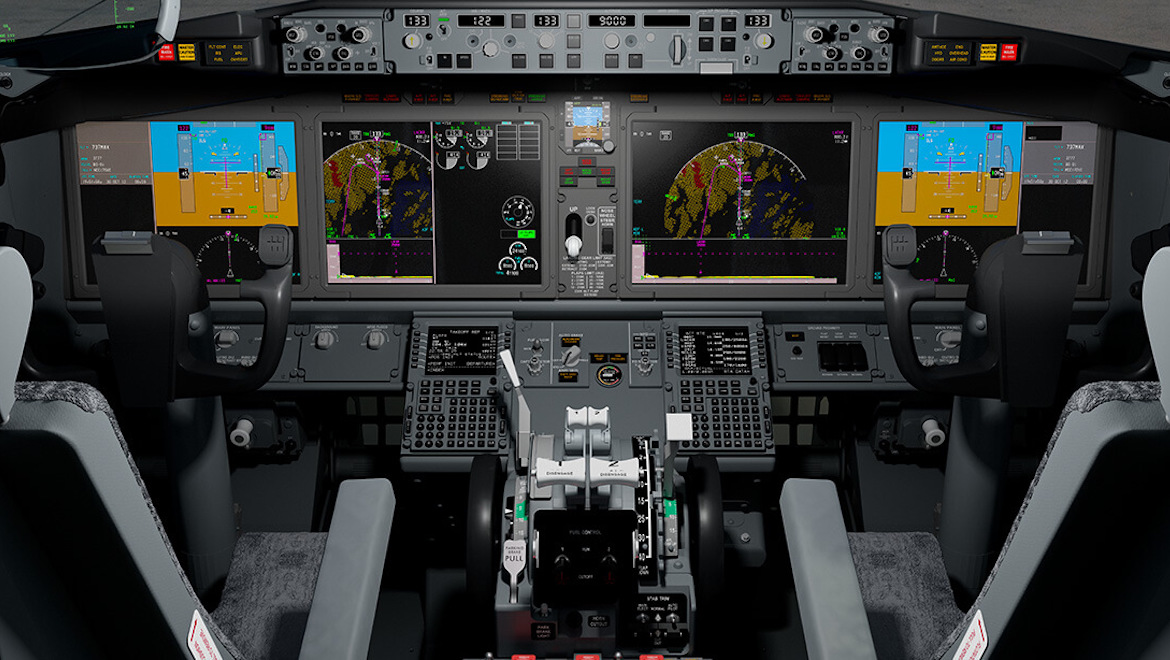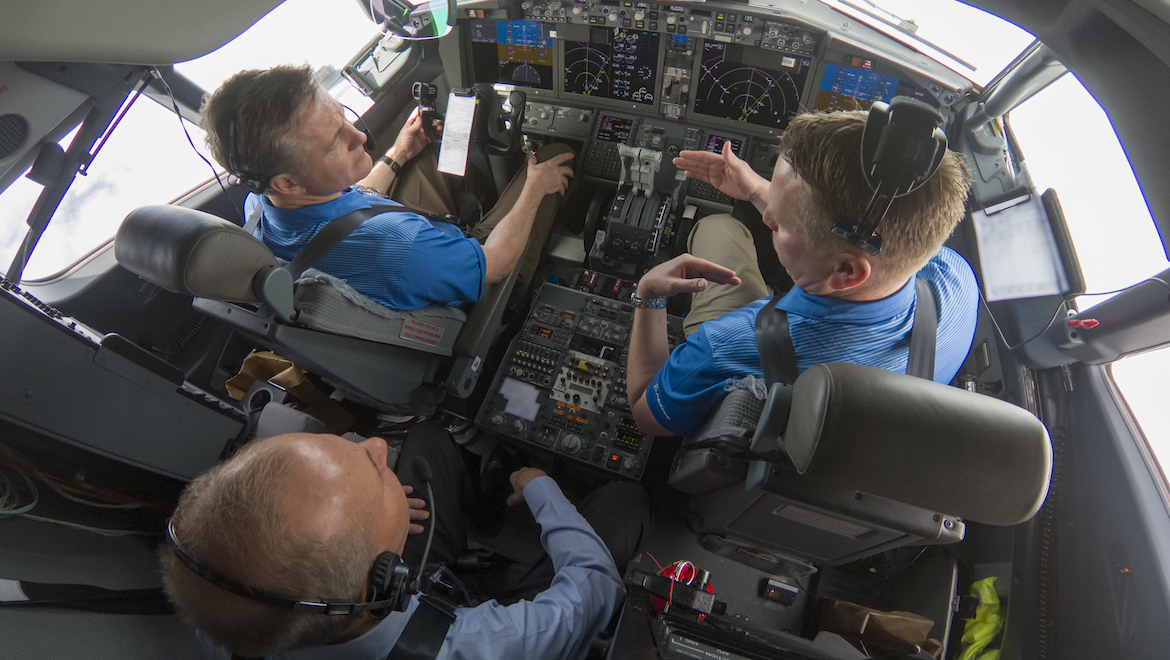
More than 400 pilots have joined a class-action lawsuit against Boeing seeking compensation for financial and other losses following the global grounding of the Boeing 737 MAX fleet after two fatal accidents in Indonesia and Ethiopia.
Their statement of claim alleged Boeing “engaged in an unprecedented cover-up of the known design flaws of the MAX, which predictably resulted in the crashes of two MAX aircraft and subsequent grounding of all MAX aircraft worldwide”.
The pilots are colleagues of Pilot X, a Canadian citizen at a major international airline who sued Boeing at the end of last month for “present and future losses brought about by the psychological impacts of the crashes”.
Brisbane-based air and space law firm, International Aerospace Law & Policy Group and Chicago based PMJ PLLC, who act for Pilot X (who has chosen to remain anonymous to safeguard against any “reprisal from Boeing or its customers”), said in a statement on Friday that not only had the 400 pilots joined the action, but further claims would be filed in the period ahead.
They said losses had yet to be tallied but were in the millions of dollars.
The pilots’ action joins a raft of lawsuits already filed against Boeing following the 737 MAX fleet grounding after Lion Air and Ethiopian Airlines crashes, killing 346 people last October and March respectively.
These include filings by Aero Mexico, Norwegian Air, China Southern, China Eastern and Air China over losses from the grounding of the MAX’s in their fleets; by Boeing shareholders, and family members of victims of the two crashes.
The law firms said in their statement that the lawsuit sent a message to Boeing that the pilots’ income and career had been adversely affected by Boeing’s “focus on profits over safety” and that “its desire for aircraft sales must never again impact on aviation safety”.
IALPG principal and legal practice director Joseph Wheeler said: “When regulators worldwide faced doubts about the safety of Boeing’s 737 MAX design, they acted decisively to ground the aircraft. Boeing’s failures effectively grounded a legion of pilots too – pilots who were not aware that the equipment they had to fly was defective and dangerously designed.”

The equipment Wheeler was referring to is the Manoeuvring Characteristics Augmentation System (MCAS), anti-stall software used on the 737 MAX.
Investigators have implicated MCAS as a factor of both the Lion Air and Ethiopian Airlines tragedies.
The software was added to the 737 MAX as part of design changes to compensate for stall risk from the installation of larger engines further forward on the wing compared with previous 737 versions. It tells the flight control system to change its Angle of Attack (AOA) downward if a stall risk is perceived.
The lawsuit alleged Boeing and the the FAA permitted the MAX to be certified and sold without AOA indicator and disagree alerts in the flight deck – depriving pilots of critical information and in doing so, contributing directly to the crashes of Lion Air and Ethiopian Airlines.
Boeing revealed recently that it knew about the sensor issue since 2017, but did not notify the FAA until after the two crashes.
Wheeler said many 737 MAX pilots worldwide had either been laid off, made to relocate bases, or at least suffered significant diminishment to flight opportunities and pay.
PMJ PLLC managing partner and founder Patrick Jones said that the alleged counts of wrongdoing against Boeing reflected the widely-held view that Boeing had put corporate profits ahead of aviation safety, as well as the safety of those in the aviation world who put their trust in Boeing most – pilots and their passengers.
Also, the law firms said in a statement that Pilot X had made a separate “administrative” claim to the FAA to hold the US accountable for its many regulatory failures in this instance.
“If Pilot X’s grievance is ignored or the FAA’s response is otherwise inadequate, Pilot X will file a lawsuit against the United States for the FAA’s negligence in certifying the MAX by Christmas Eve of 2019,” they said.
Boeing has not responded publicly to the pilots’ claims despite calls from media for comment.
The class action will be heard in a court in Chicago (where Boeing has its headquarters) on October 21, 2019.





